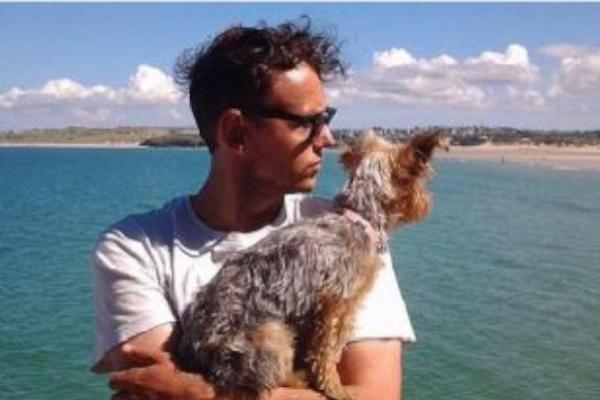
"Reputation, exploitation, and cooperation: Evidence of direct and indirect reciprocity in network-structured economic games in rural Colombia"
by
Dr. Daniel Redhead
the Max Planck Institute for Evolutionary Anthropology
Abstract. The scale at which humans cooperate with genetically-unrelated peers remains a fundamental puzzle of human evolution. Some formal theoretical models propose that cooperation can be maintained through consideration of standing and reputation, and further highlight how important interactions between standing and exploitation behavior can facilitate the emergence and maintenance of cooperation. Here, I will present recent research that empirically examines the predictions from models of positive and negative indirect reciprocity using a network-structured field experiment in two rural Colombian communities. We observe that, at a dyadic-level, individuals have a strong tendency to exploit and punish others in bad standing (e.g., those perceived as selfish), and allocate resources to those in good standing (e.g., those perceived as generous). These dyadic findings scale to a more generalized, community level, with reputations for being generous associated with receiving allocations, and reputations for being selfish associated with receiving costly punishment. These nuanced empirical results illustrate the roles that both positive and negative indirect reciprocity, and costly punishment play in sustaining community-wide cooperation networks.
Dr. Redhead is an Anthropologist/Psychologist with a broad interest in social hierarchy and social relationships. Taking an interdisciplinary perspective, he assesses how perceptions of certain trait profiles and dispositions impact an individual’s position within groups, and the structure of such groups, over time. In an effort to answer questions related to these topics he has developed "a deep and unholy love for social networks." Redhead's research thus far has seen him work with data from the lab, university and school classrooms, Canadian Air Cadets, The UK Household Longitudinal Study, children and young adults in state care in rural Transylvania, and the Tsimane forager-horticulturalists of Bolivia. He is currently helping to develop a longitudinal database among the Mayangna of Nicaragua.
Dr. Redhead’s visit is co-sponsored by Ohio State University’s Computational Social Science Community of Practice, The Translational Data Analytics Institute, The Department of Anthropology, and the Department of Evolution, Ecology, and Organismal Biology.
